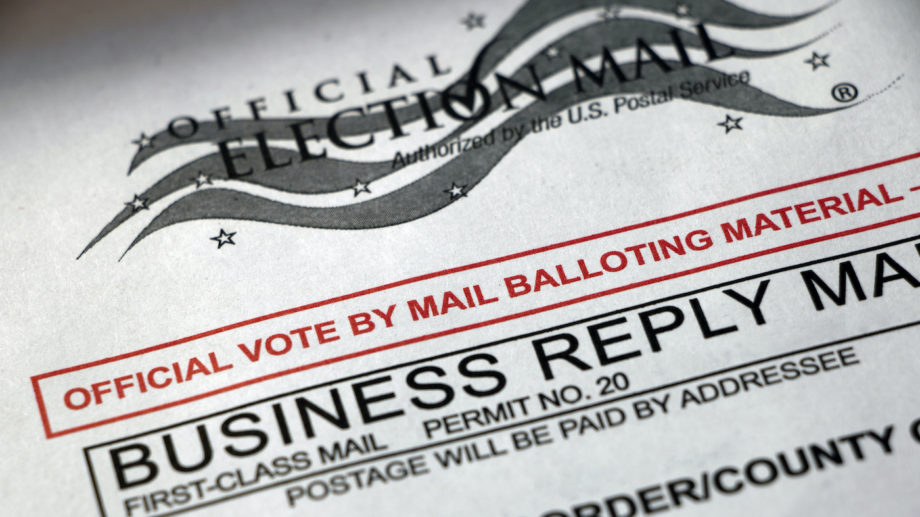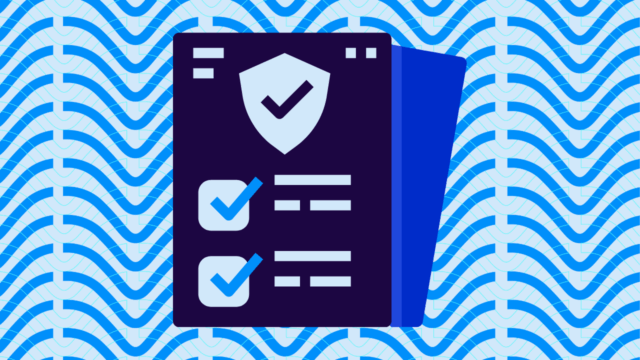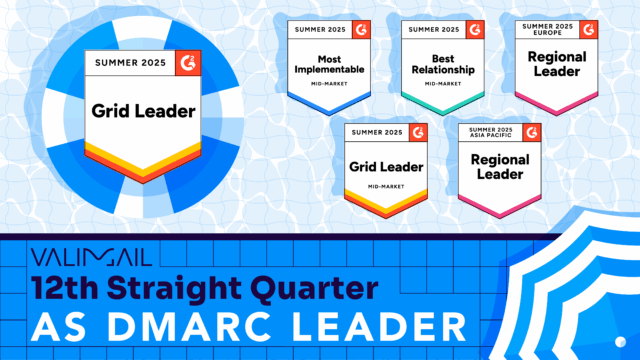Valimail has been monitoring the usage of email authentication technologies in election infrastructure for several years now.
Our analysis shows that, at virtually every level of the American election infrastructure, there is massive vulnerability to email impersonation. This is due largely to the poor penetration of email authentication standards that can prevent spoofing: DMARC, SPF, and DKIM.
Next week, we’ll publish a detailed report on our findings. This week, we’re providing a preview showing some of the data from our upcoming report.
(Download the full report here: 2020 Election Infrastructure Remains Vulnerable to Email Hacking)
To get a bird’s-eye view of the state of email security leading up to the election, Valimail examined a set of 153 domains owned by U.S. states, including .gov and .us variants of state names and two-letter state abbreviations (newjersey.gov, ca.gov, oh.us, and so forth). These domains represent state governments at their highest levels, and in addition, are sometimes used (via subdomains) for county and local services. While these don’t exhaust the universe of state-owned domains, this list is a good proxy for how well states are doing to protect their “digital brands.”
Valimail analysis shows that these states are, in general, not doing much to protect their brands. Only 5 of these domains, or 3.3%, are protected from spoofing by DMARC that is correctly configured, and set to an enforcement policy (p=reject or p=quarantine): nj.gov, alabama.gov, wv.gov, missouri.gov, and al.gov.
(You can check these domains yourself by entering them into our DMARC checker, which provides an instant analysis of data publicly available in DNS for any domain on the internet.)
Another 34 domains (22.2%) have valid DMARC records but are not configured with an enforcement policy — they have policies in “monitor mode,” or p=none, which means that spoofed messages that appear to come from that domain are still likely to be delivered as normal.
Another 6 domains (3.9%) have DMARC records that are incorrectly configured. And the vast majority, 108 domains (70.6%) lack DMARC altogether.
While state governments often follow the federal government’s lead in deploying security technology, this is not the case here. Nearly 80% of federal government domains are protected by DMARC at enforcement, thanks to a 2017 order from the Department of Homeland Security mandating this technology. (One notable exception: Whitehouse.gov is still unprotected.) State governments have not yet prioritized this aspect of email security.
State domains also have a low rate of SPF usage. This older, better-understood standard is a widely understood marketing best practice, as it can help improve email deliverability. But as state governments are not marketing-driven organizations, it’s not surprising that penetration of this technology is shallower here.
The impact of this security oversight on the U.S. election is uncertain. In the U.S., most elections are administered at the local level, so state domains have a limited role to play in the election.
However, it’s not inconceivable to imagine a disinformation campaign aimed at suppressing voter turnout or sowing uncertainty about election results that utilized a state-owned domain. For example, an adversary might impersonate a message from a state government’s secretary of state, declaring that a certain candidate had won that state. For that reason, the vulnerability of these domains to being spoofed is a concern.
In fact, Microsoft just recently took down a massive malware network, called Trickbot, which was sending out malware-laden email that could have affected the election. Such phishing emails, if they impersonated a trusted sender like a state domain, would be even more effective than usual.
We’ll have more to report on this subject next week, so stay tuned for the second installment of our research.
And in the meantime, please be careful with any email you receive that appears to come from an unauthenticated state domain. It’s just possible that it may be a spoof.



